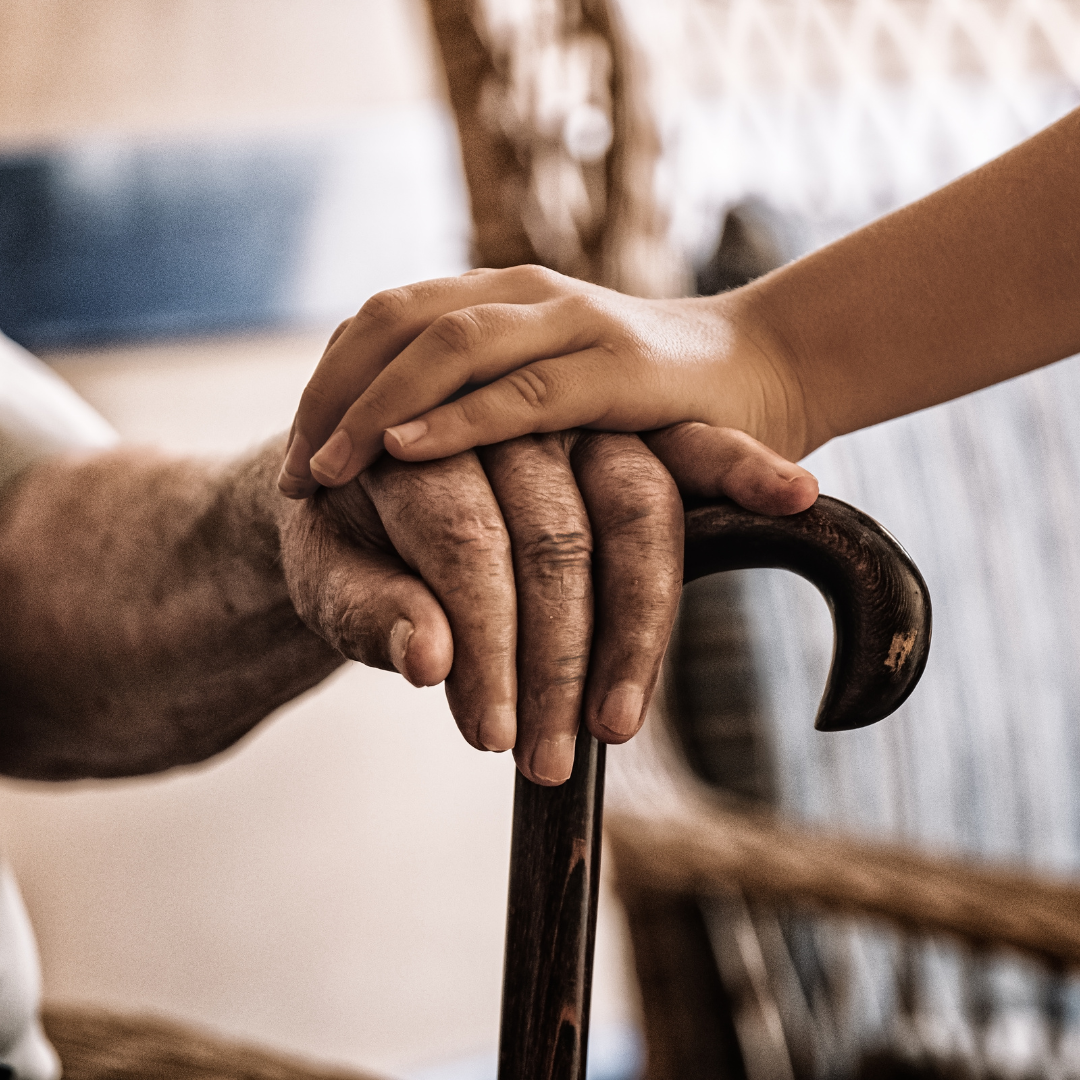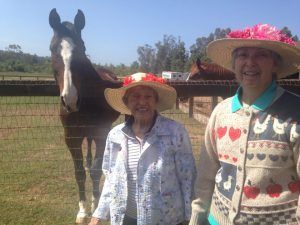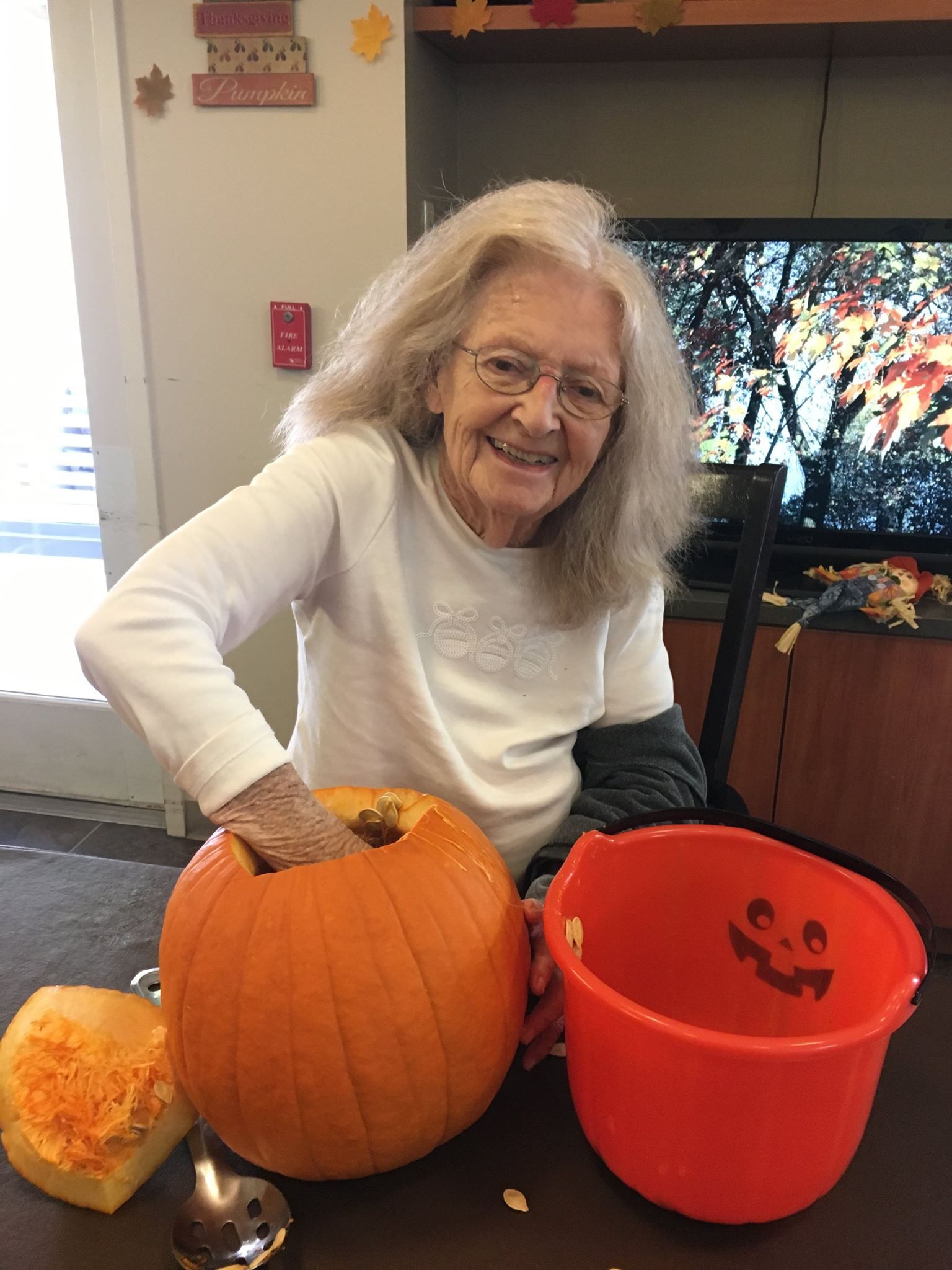
What Can Families Do If They Notice Symptoms of Alzheimer’s in a Loved One?
Noticing changes in a loved one’s memory or behavior can be worrying, especially if you suspect the early signs of Alzheimer’s. While it’s normal for memory to decline somewhat with age, symptoms that disrupt daily life may indicate something more serious. If your loved one is showing signs of Alzheimer’s, there are steps you can take to support them and get the help they need.
San Diego’s Top Memory Care and Senior Care Community
BayView Senior Assisted Living in Point Loma, California is one of the top assisted living facilities in the greater San Diego area. We’re known for our compassionate caregivers, beautiful grounds, and personalized, individualized care. We consider it an honor to walk alongside families as they traverse the challenging and heartbreaking journey of Alzheimer’s disease and dementia. We understand that our residents’ holistic experience of life (social, spiritual, emotional, mental, physical) is incredibly important. Our compassionate caregivers provide top-notch, individualized care to each of the members of our memory care communities.
Scroll down to learn more about what family members can do if they notice symptoms of Alzheimer’s in a loved one.
Recognize the Warning Signs
Common early symptoms of Alzheimer’s include the symptoms listed below. If these signs are consistent and worsening, it may be time to take action.
- Confusion about time or place
- Poor judgment
- Changes in mood or personality
- Frequent memory loss, especially of recent events
- Difficulty performing familiar tasks
- Trouble with language or finding the right words
Start a Compassionate Conversation
Approach your loved one gently. Express your concern without being accusatory. Focus on your observations and your desire to help. For example, you might say,
“I’ve noticed you’ve been forgetting things more often lately. Would you be open to talking to a doctor just to be safe?”
Many people may feel scared or embarrassed, so a loving and respectful tone is essential.
Help your Loved one Schedule a Medical Evaluation
The next step is to visit a healthcare provider. A doctor can perform a cognitive assessment and may refer your loved one to a neurologist or memory specialist. Early diagnosis is important—it can rule out other conditions, allow access to early treatment, and give your family time to plan for the future.
Educate Yourself and Your Family
Learn about Alzheimer’s disease, its progression, and what to expect. Understanding the condition helps reduce fear and equips your family with tools to offer the best care possible. The Alzheimer’s Association and local organizations offer helpful resources and support groups.
Plan Ahead
If a diagnosis is made, begin discussing care preferences, legal matters (like power of attorney), and long-term living options while your loved one is still able to express their wishes.
Navigating the Journey Together
Facing the possibility of Alzheimer’s in a loved one is never easy—but taking early, thoughtful steps can make a world of difference. With compassion, education, and support, your family can navigate this journey together.
BayView: Southern California Senior Assisted Living
We’re committed to holistic care that engages our residents on emotional, mental, and spiritual as well as physical levels.
Safe and Secure Senior Living Community with Hospice Accommodations
At BayView, we promote safety with a secured perimeter environment and trained staff available 24 hours a day, 7 days a week. Our beautiful assisted living home and surrounding grounds are equipped with surveillance cameras in all public and outdoor spaces. Our home and spacious grounds meet all ADA requirements including wide hallways, safety rails, shower chairs, and no lips or gaps at doorways. This allows for easy wheelchair and walker access, increasing ease of mobility for residents. We strive to provide compassionate, individualized care, preserving our residents’ dignity at every stage of their Alzheimer’s journey.



